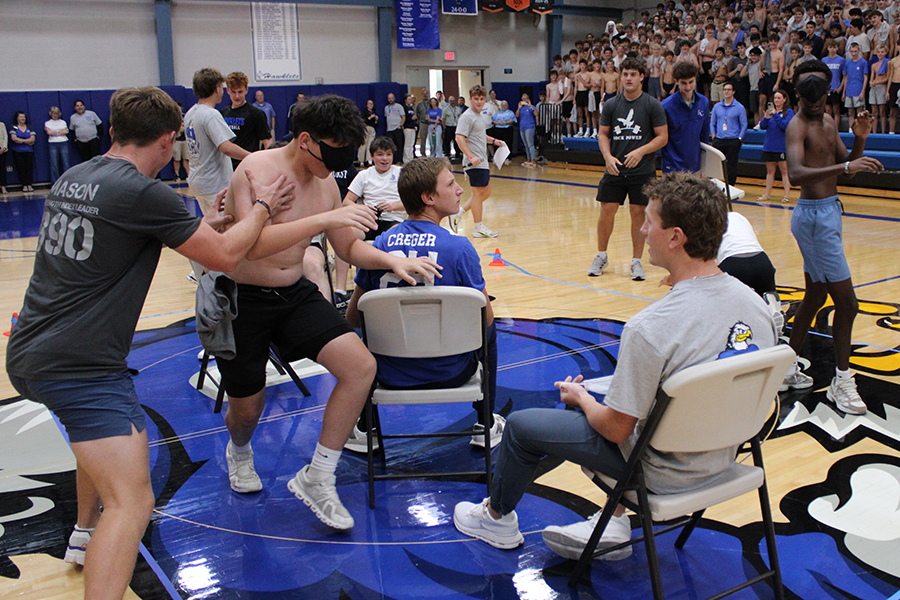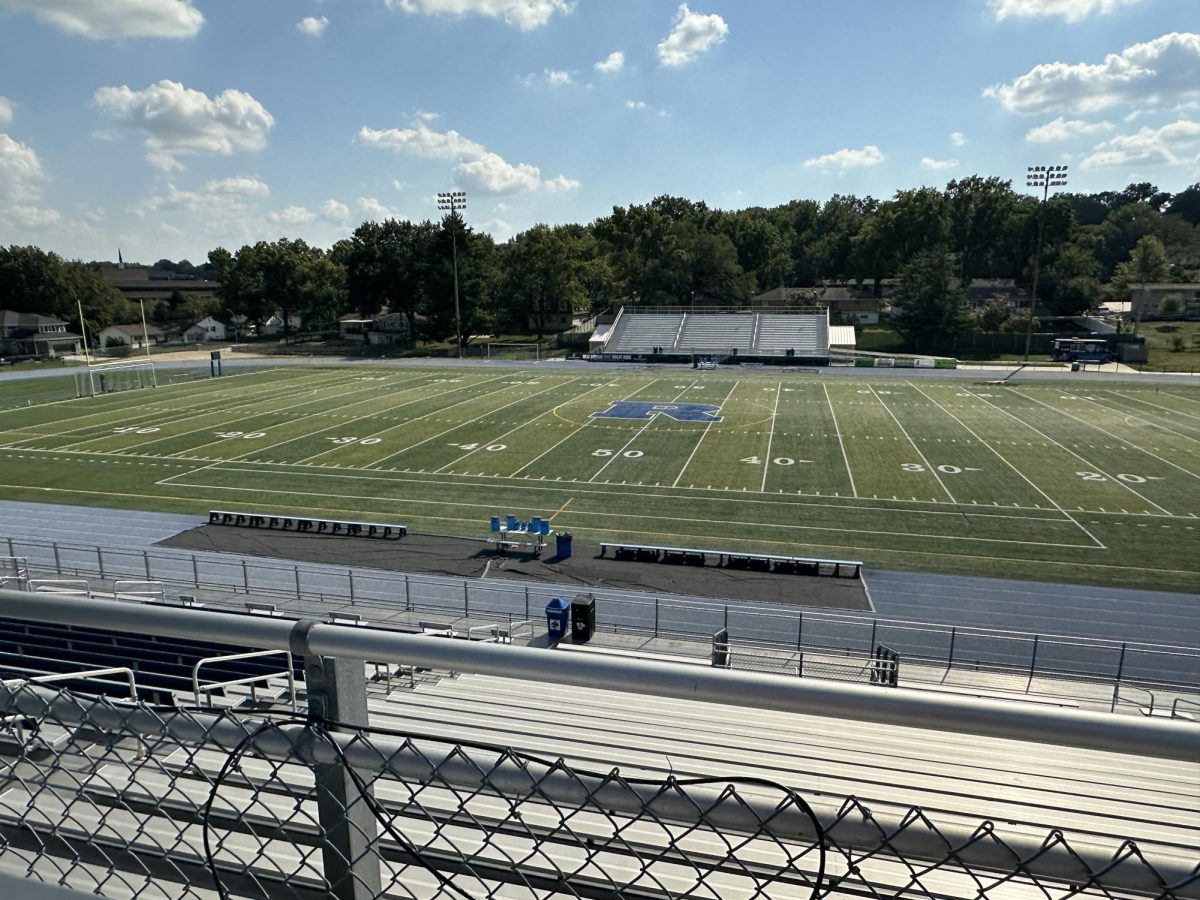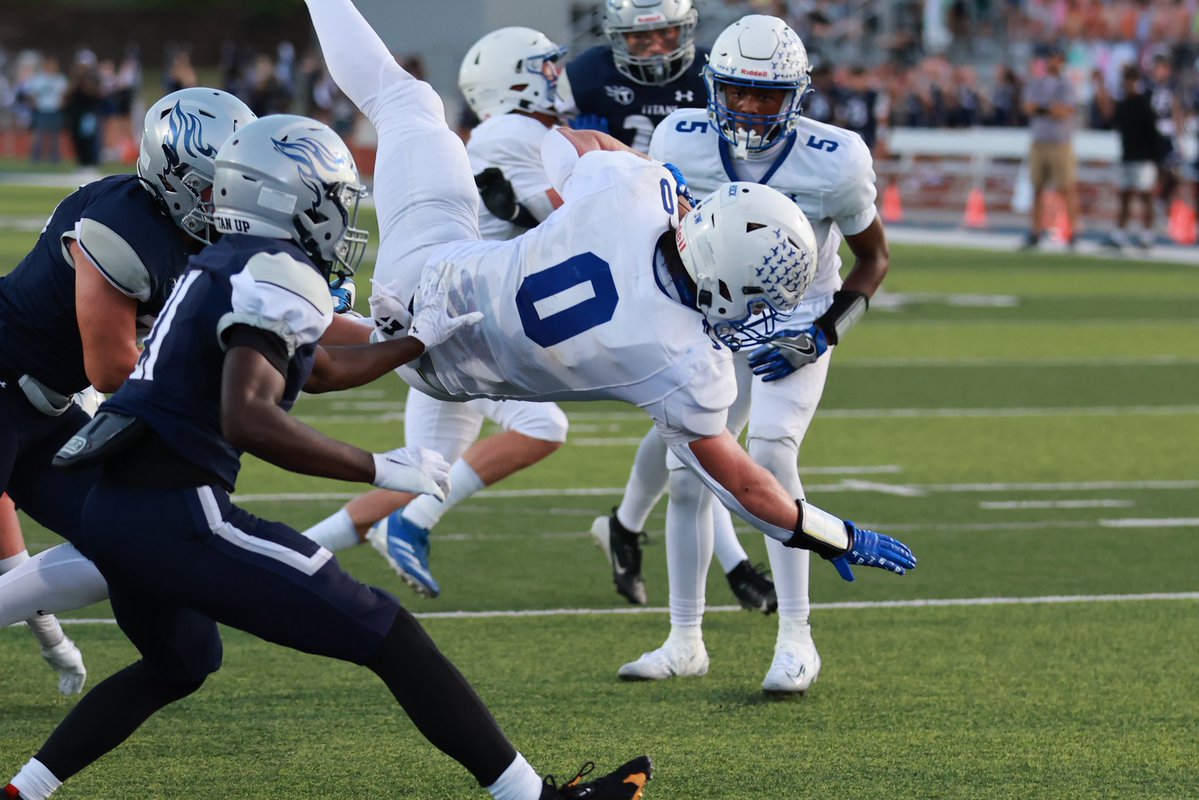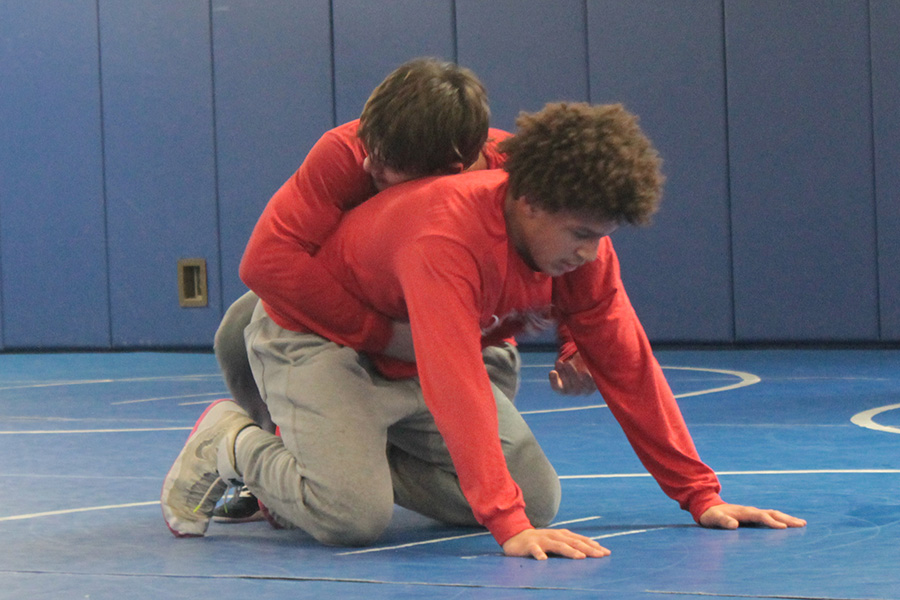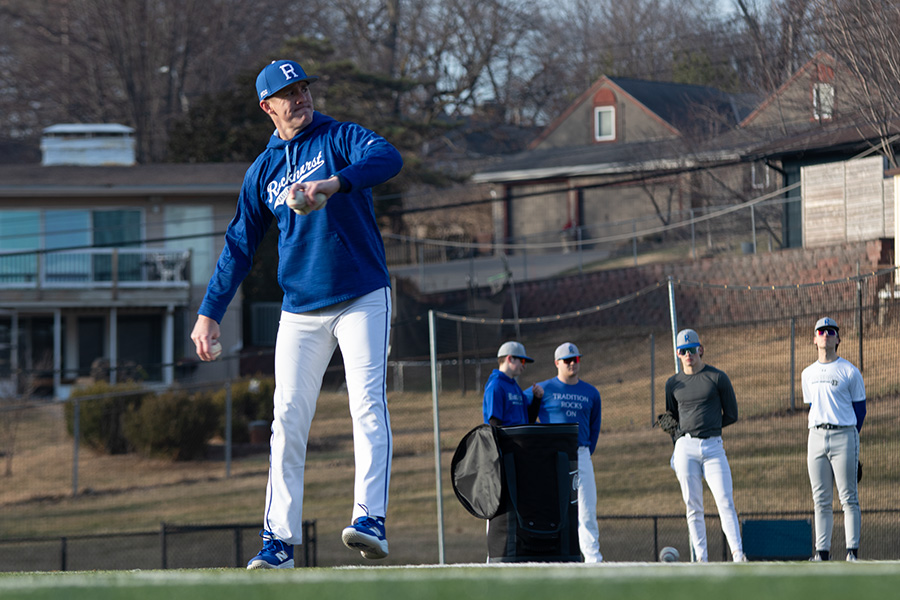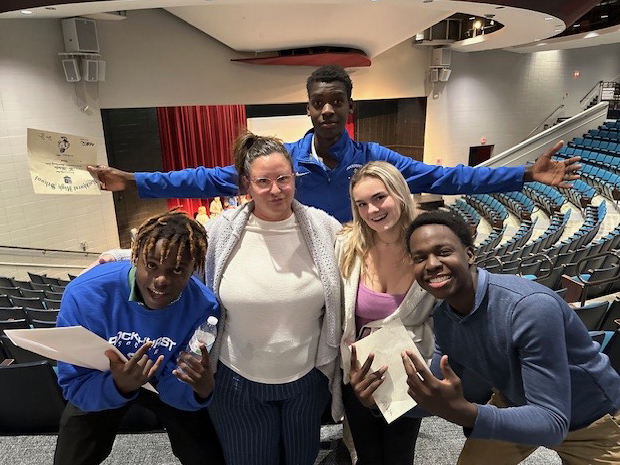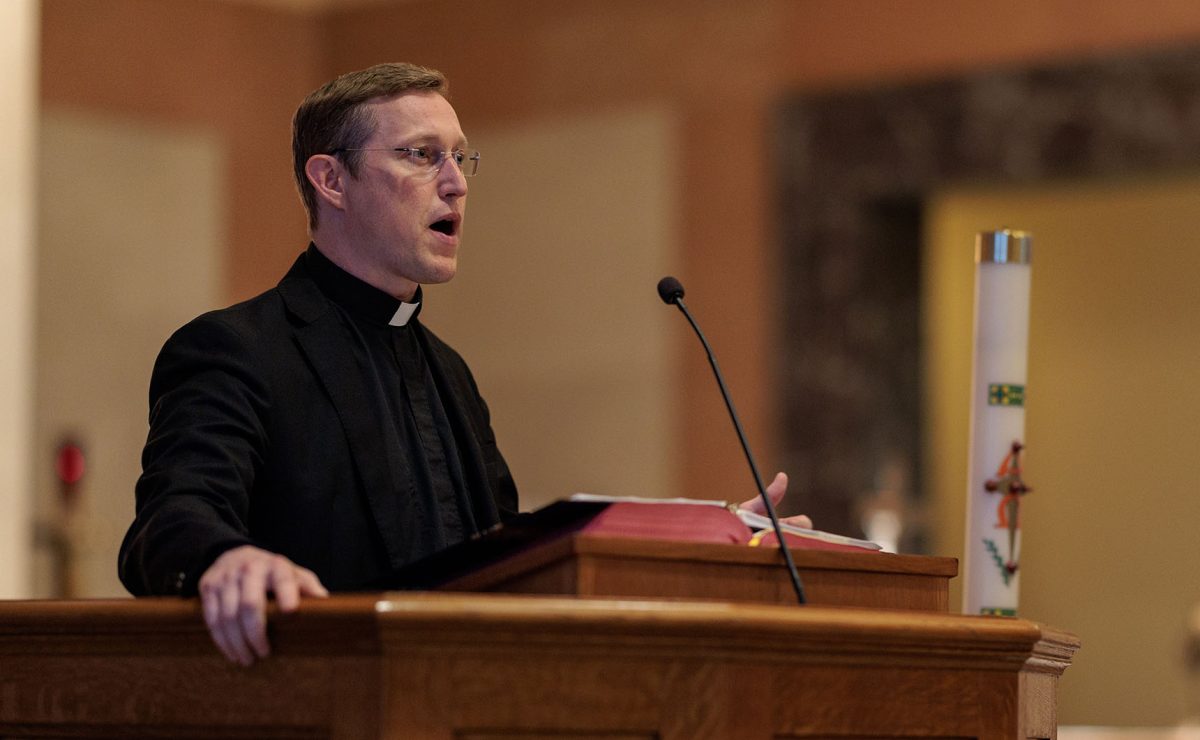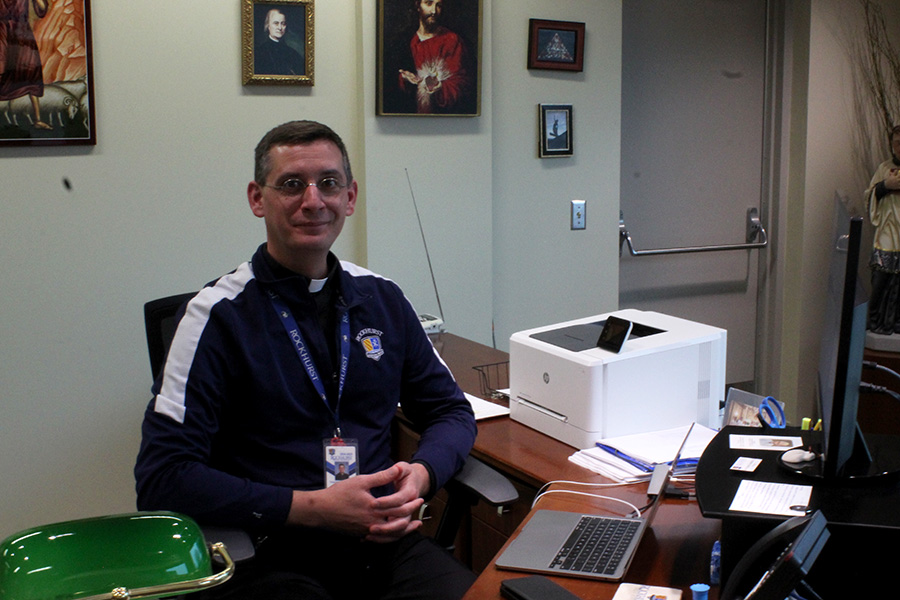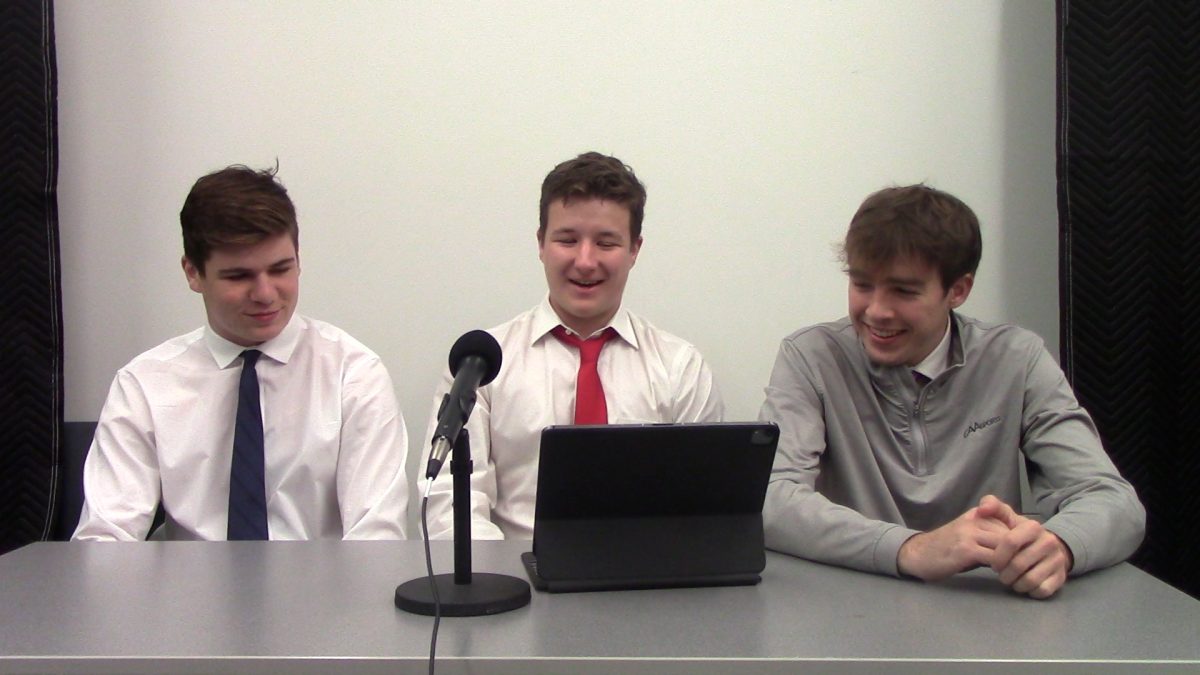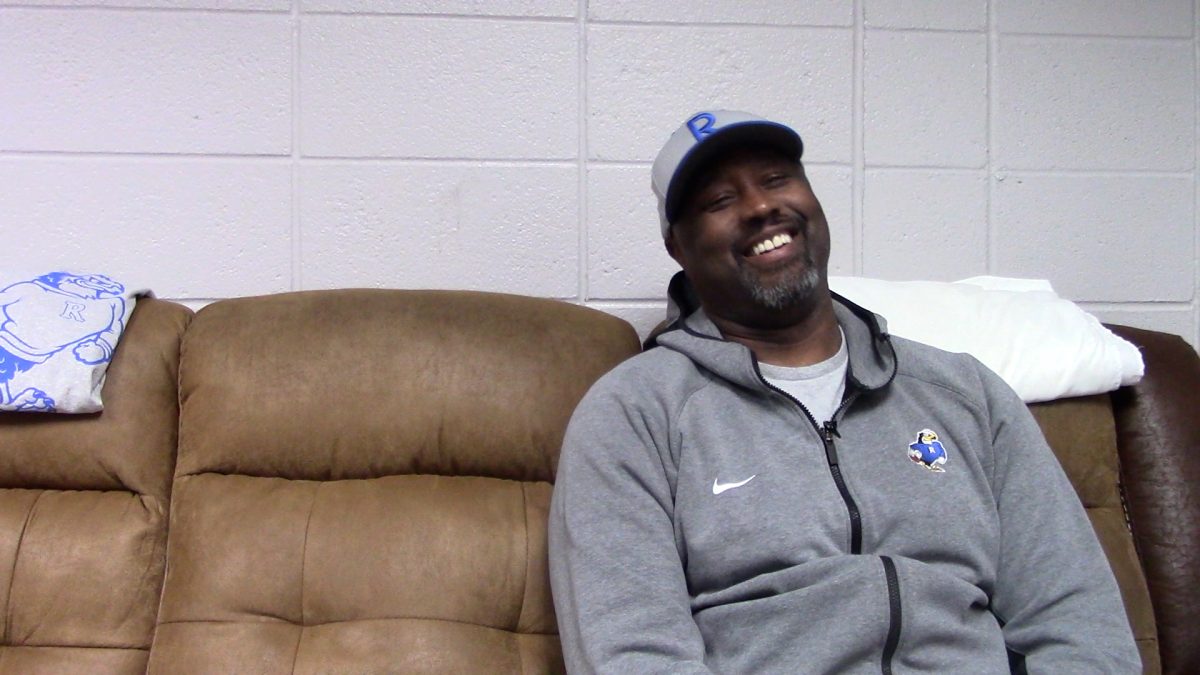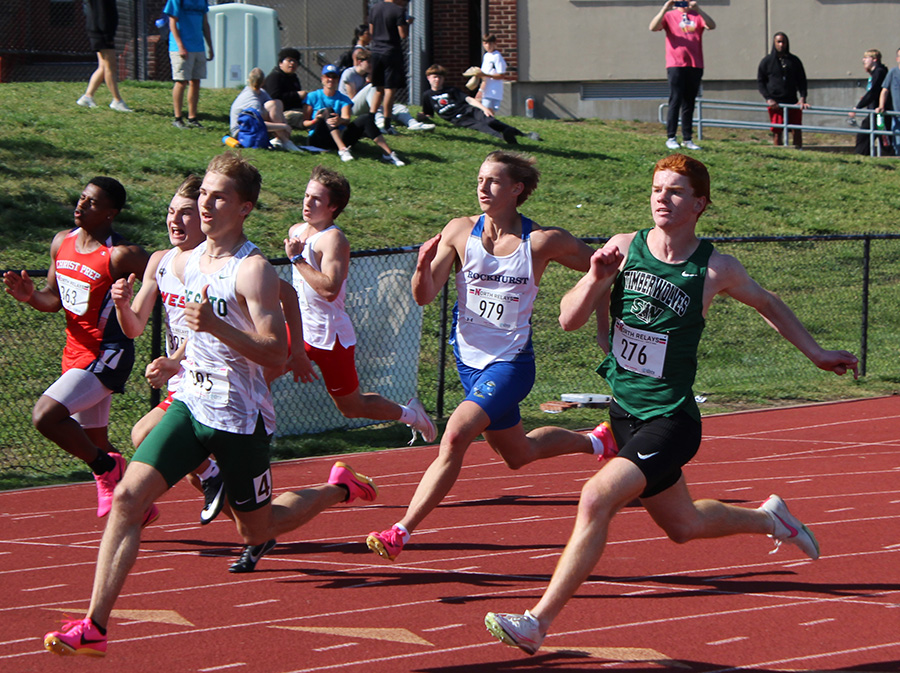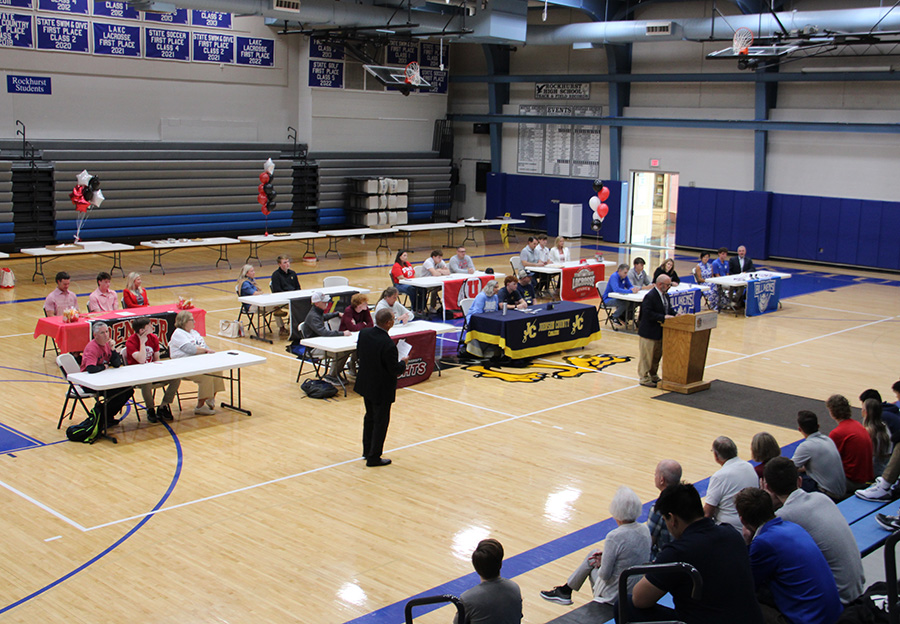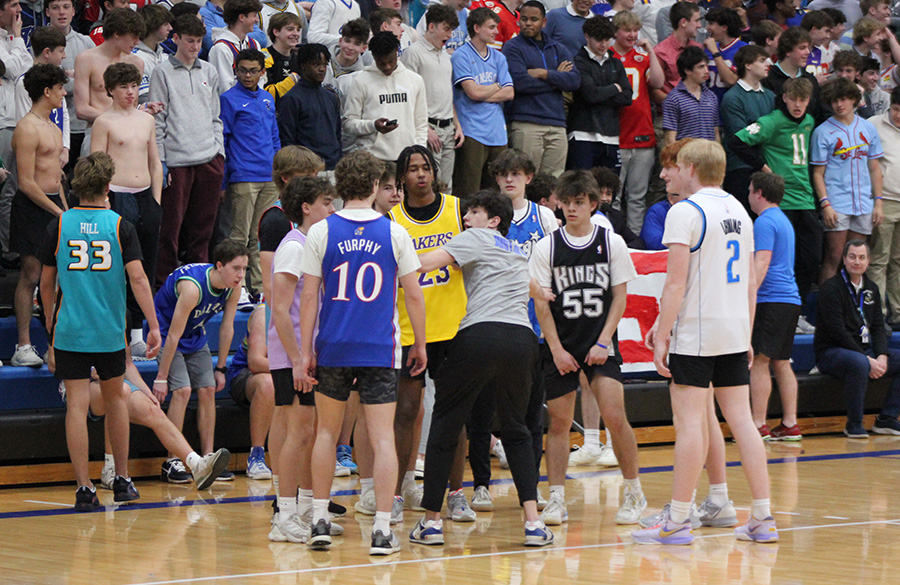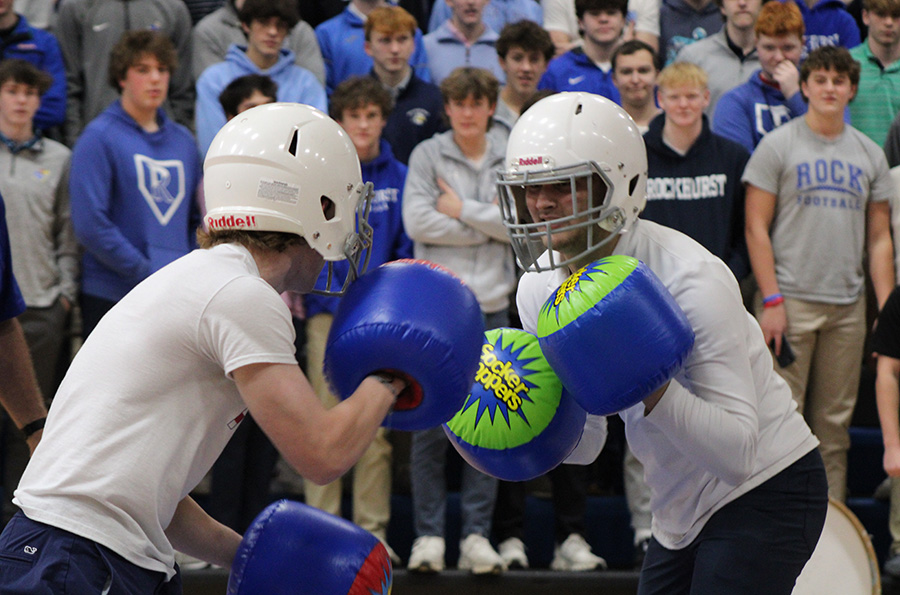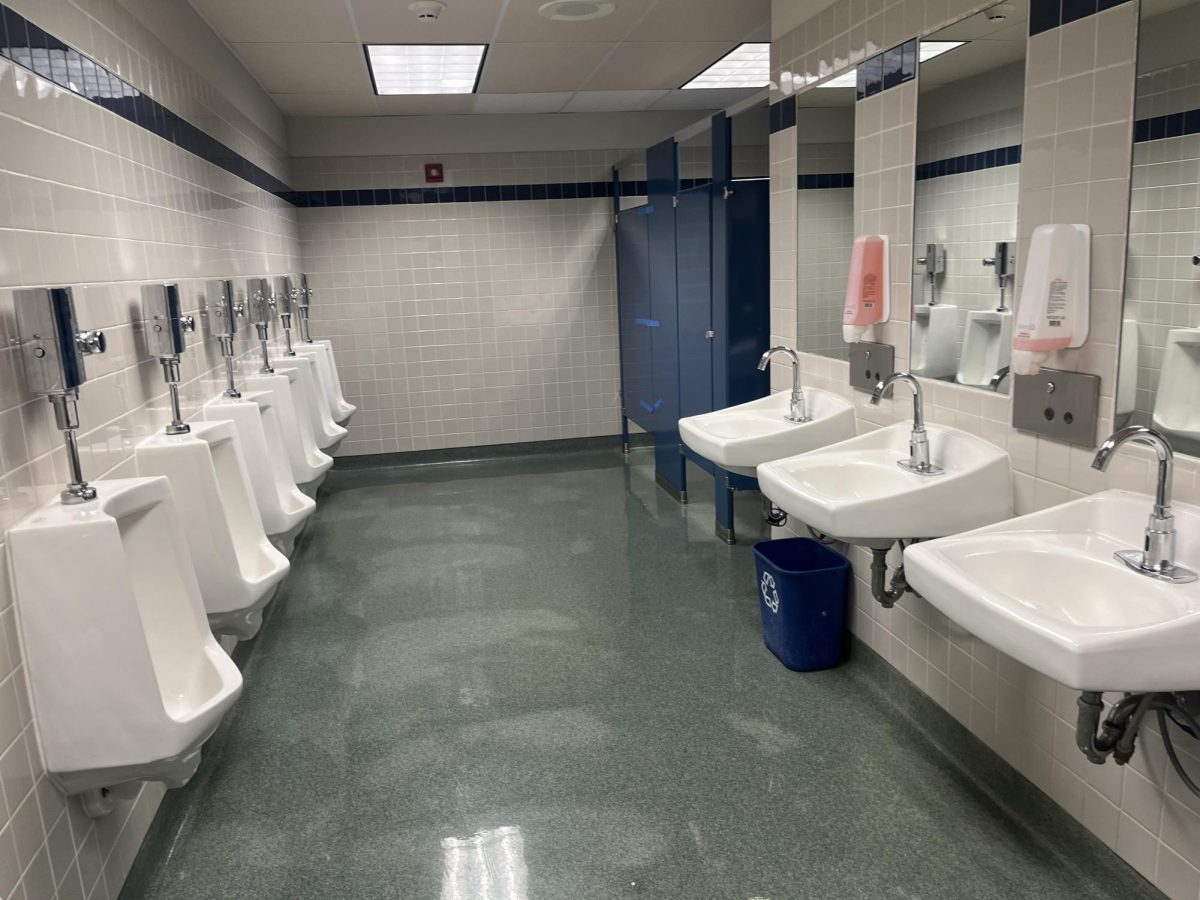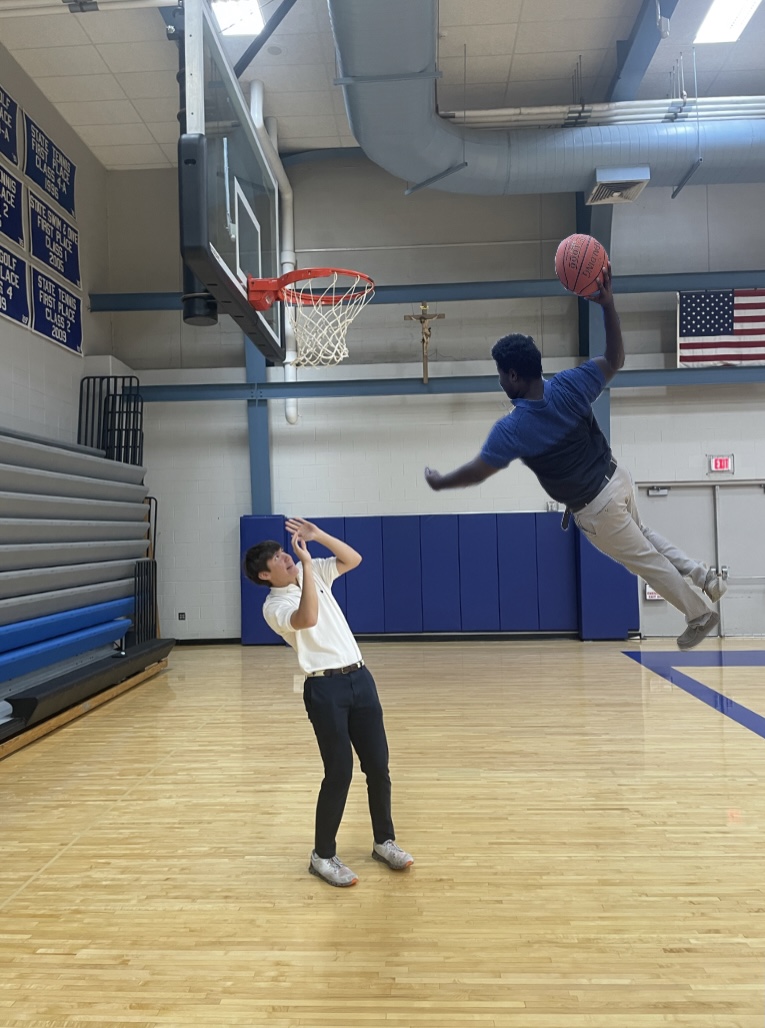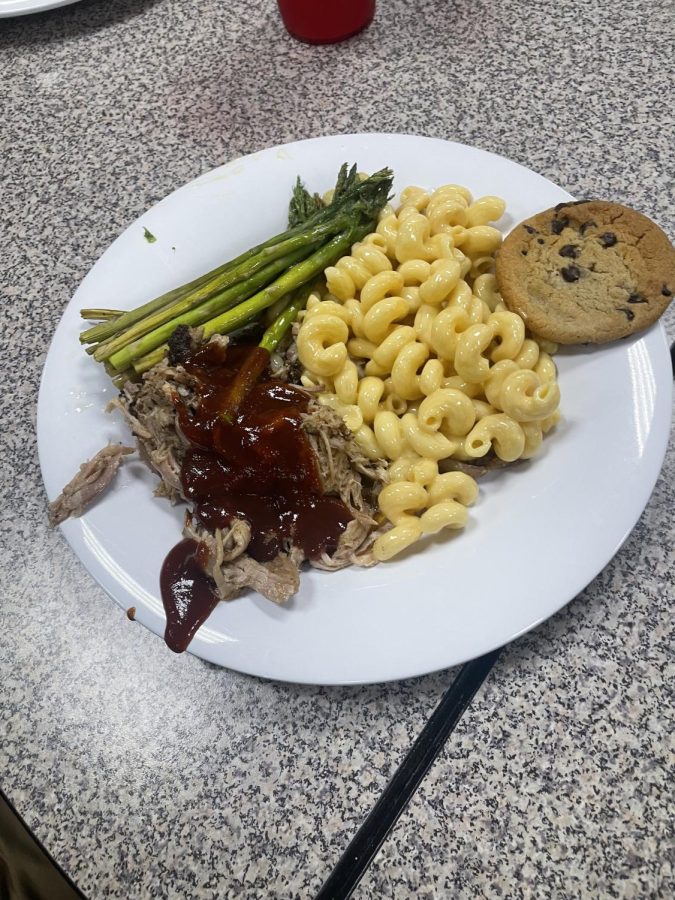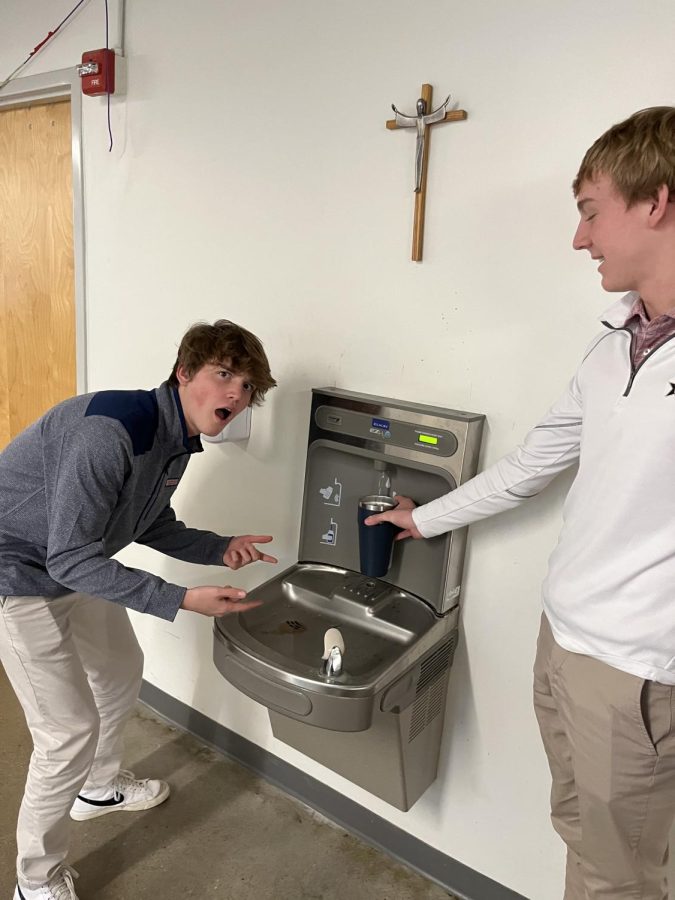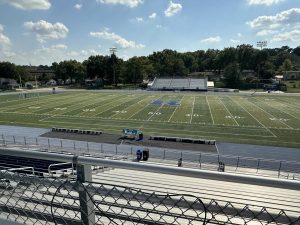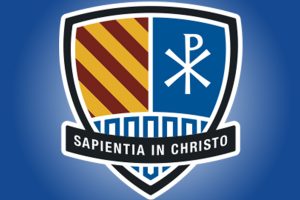Eleven School Days Without Seniors
Things are back to ‘normal’ now, but students say having the seniors gone for the first couple weeks of the semester was a big adjustment.
January 26, 2023
The start of the second semester was different from what students would consider normal. Roughly 23-percent of the student body was missing due to senior service projects. With all the seniors being gone students said a big part of Rockhurst itself was missing.
“The seniors act as examples for the rest of the school, so [it was] strange to have them gone,” junior Phillip Nunnink said. “School [felt] like it wasn’t as full of life and energy like it always was.”
Seniors are an important part of any high school due to them being the oldest ones in the school. Seniors serve as the primary tradition-bearers and take care of school like an older sibling–especially juniors.
“I think a mixed class of seniors and juniors helps build expectations for both,” teacher and Rockhurst alum Tim Nendick said.
Students say their absence made school feel empty, like after your big brother moves out of the house. They say school energy felt lower, because the seniors bring life to the hallways, classroom, lunchroom, and many more places throughout the school day. Missing those bursts of energy as well as guidance left a figurative hole in the Hawklet hallways the first couple weeks of the semester.
Another thing the absence of seniors is causing was a slower pace in some classrooms. In electives specifically, the classes often start slower after break because they are often a mix of grade levels. This is so the seniors don’t fall two weeks behind other students while serving their community.
“The key thing is making sure that there’s a clean spot where the seniors can enter into the class and not feel behind while simultaneously letting the juniors know how to come in and have knowledge that is distinct from them but still useful,” said Nendick.
“The classes I do have with seniors in them [seemed] to be holding off on most content until they [could] return,” said Nunnink. “It makes sense to me why that would happen, but it all still [felt] very strange.”
The last thing predominantly affected by the seniors being absent was lunch. Without seniors in the lunchroom there were many more tables to fill as well as smaller lines.
“The cafeteria is where I really noticed their absence,” Nunnink said. “While having less tables packed than usual and getting food a lot faster [was] nice, it [felt] like something [was] missing and the energy [was] sucked out.”
The seniors are obviously very important to all of Rockhurst as a whole. Although very glad that they were men for others and committed to service projects to help people all around the world, many at Rockhurst are glad to have them home.


